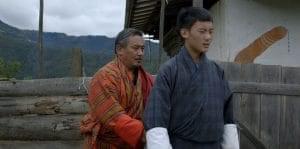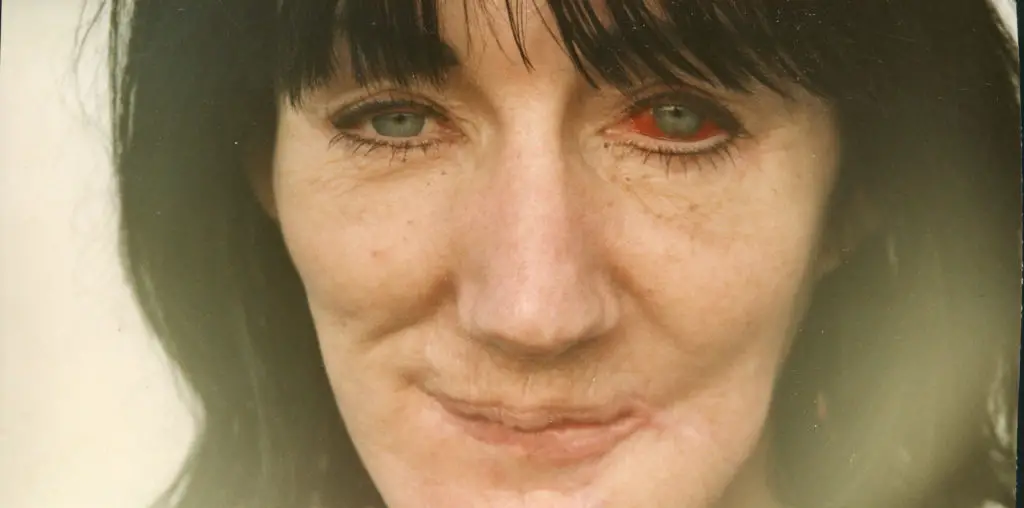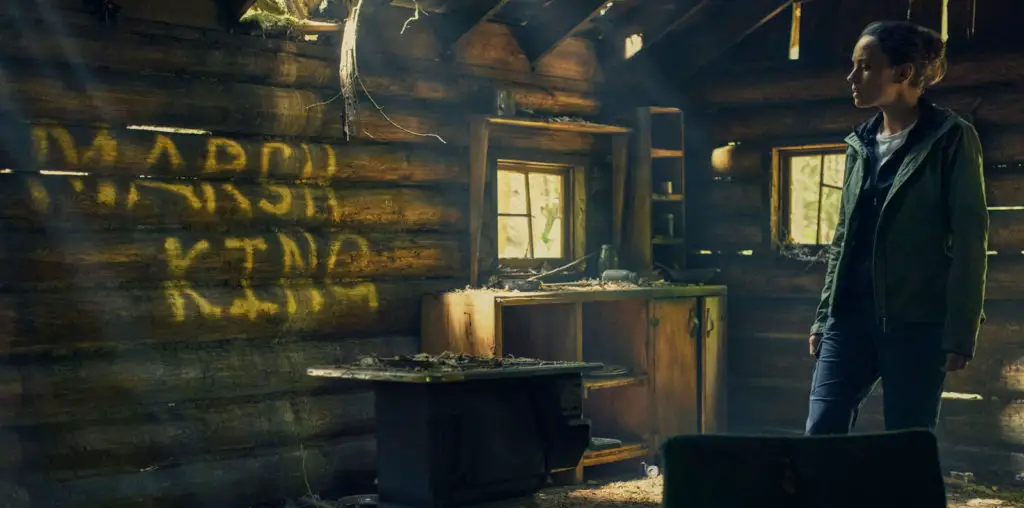
The contrasting dreams of two generations clash within the microcosm of an ancient Buddhist monastery in Bhutan when Gyembo an ordinary teenager is chosen as the next guardian of their family monastery by his father.
There is a beautiful, quiet power to The Next Guardian. Set in the small country of Bhutan, this cinematic documentary follows the lives of a family of four as they come to terms with the traditions of the past and the desires of a world that is more and more interested in the present.
At the foot of the Himalayas, in a tiny village, Gyembo and Tashi play football in the twilight. Knocking around the black and white ball, the two laugh, joke around, give each other pointers. They watch videos through the cracked screen on the iPhone they share, of professional players in foreign countries. Both hope to make it to the big leagues someday.
Meanwhile, their father dutifully carries on the traditions upheld in the village monastery that has been in the family for generations.

“…vowing to celibacy and committing his life to staying in the village are not exactly appealing…
For those in this bucolic land, life is simple. Happiness and a productive, fulfilling life are the priorities over the transient desires of the moment. Gyembo’s father sincerely hopes that his son will someday take over the family monastery. However, the thought of vowing to celibacy and committing his life to staying in the village are not exactly appealing to the young man.
Meanwhile, the younger of the two, Tashi wants to attend Soccer camp with the hopes of being selected for the national team. Tashi is a female who feels much more like a boy. Her parents understand this and, for the most part, accept this as a reality, explaining that Tashi was probably a boy in a former life, that maybe some of that carried over.
The Next Guardian is, simply, a beautiful portrait of a small Bhutanese family at a crossroads. The chasm between generations is something that can’t be ignored, yet, through the differences, the love in the family unit remains fully intact. That is the one thing that has no chance of changing.

“…felt transported to a faraway land of beauty, understanding, and peaceful compassion…”
How do things turn out for Gyembo and Tashi? Will their father disregard their youthful point of view in favor of his own demands? Will the two youngsters disrespectfully rebel and strike out against their parents? Watching The Next Guardian I felt transported to a faraway land of beauty, understanding, and peaceful compassion. Despite differences, despite a changing world around them, there was an undeniable certainty that this family supported one another beyond their own personal desires.
Directors Arun Bhattarai and Dorottya Zurbó capture a surprisingly cinematic piece of documentary filmmaking. They follow the near-silent subtleties and nuance between Gyembo, Tashi, and their parents with intuitive skill, leaching out a narrative that is as calming, and ultimately heartwarming in ways you would not expect. In one scene, Gyembo and Tashi talk about girls. The two banter like two schoolboys. It’s a touching moment of sincerity and acceptance that was fleeting, yet powerful. In another, Gyembo’s father stops short of pleading with his son to become a monk, instead of talking endlessly about the different religious schools that are available.
Capturing the lives of a little family in a part of the world few of us will ever see, Bhattarai and Zurbó bridge divides both physical, metaphorical, and spiritual to find the definition of humanity.

The Next Guardian (2018) Directed by Arun Bhattarai, Dorottya Zurbó. The Next Guardian screened as part of the 2018 San Francisco International Film Festival.
The Next Guardian gets four stars ****
Norm’s Rating System: ****(GREAT) ***(Good) **(Ok) *(Awful)


